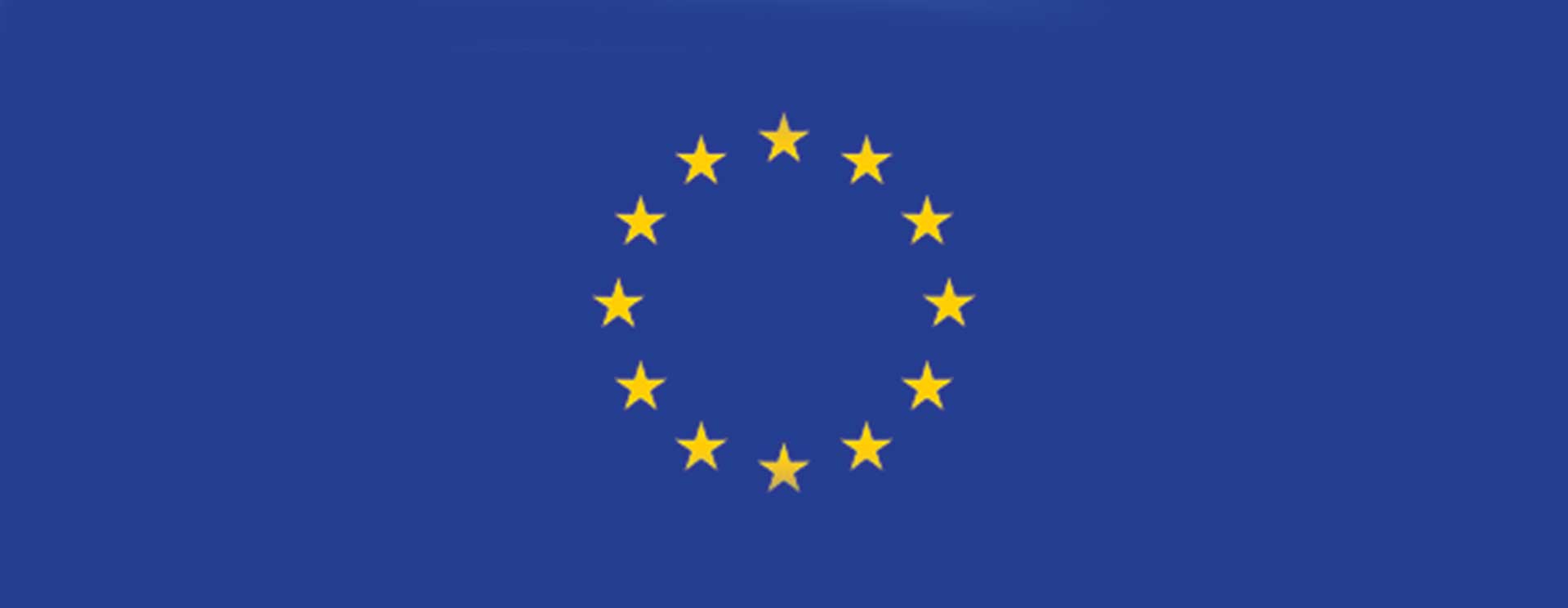Articles
Temps de lecture : 3 min
25/02/2022
Contingency plan and food security

In a communication of november 2021 the European Commission announced the launch of a European Food Crisis preparedness and response Mechanism (EFSCM), a group of experts coordinated by the Commission to exchange data, practices and strengthen coordination. This initiative take place in conclusion of expert groups meetings all along 2021 and a consultation process to capitalize on the lessons learnt from the COVID-19 crisis.
As underlined by the Commission “the EU food supply chain demonstrated its resilience during the COVID pandemic. However, the EU should enhance its preparedness when it comes to agriculture, fisheries, and food supply”[1]. This communication has been accompanied by a synopsis report of the stakeholder consultation[2] and a Commission staff working document[3] describing exhaustively the state of play and the need of robust monitoring systems to face any kind of disruption affecting the food system.
The stakeholder consultation report gives an overview of the EU food systems, risks, threats, and vulnerabilities: 60% of respondents identified climate change and its consequences as one of the main five threats, over 60% indicated primary production as the most vulnerable stage within the supply chain, and more of 40% perceived fruits, vegetables, and cereals as the most exposed sectors. About the lessons of the COVID-19 crisis, a majority considers access to personal protective equipment, management of excess stock, and availability of workers of outside the EU as the least resilient areas of the food sector.
Recently the French Court of auditors dedicated a chapter of its annual report to the “Food supply security”[4]. As the European Commission, the auditors noted the national preparedness, the dependance to imports and to foreign labor, and the limited developments of short distribution channels. To conclude, they recommend identifying before the end of 2023 vulnerabilities of the food supply chain, and meanwhile to respond to the needs of strategic reserves, to support SME’s involved in the essential businesses.
About strategic reserves, the French Court refers to the “Reserve Suisse”[5], to the 2017 German law allowing the federal government to implement strategic stocks of staple food, or to the Finnish crisis management process. Such experiences may inspire the building of European tools to improve the EU food security.
Nevertheless, according to the article 4 of the Lisbon Treaty, agriculture, and fisheries as issues of public health falls under a shared competence between the Union and the Member States. This has been illustrated by the limited power of action of the European executive during the pandemic. This legal framework applied to the future European contingency plan on food security will restrict the role the European institutions to coordinate national plans if existing. Pandemic or climate change ignore the borders and this last point is probably the main weakness of the EU facing disorderly such crises.
[1] https://ec.europa.eu/info/sites/default/files/food-farming-fisheries/key_policies/documents/factsheet-contingency-plan-food-supply-security_en.pdf
[2] https://eur-lex.europa.eu/legal-content/EN/TXT/PDF/?uri=CELEX:52021SC0318&from=EN
[3] https://eur-lex.europa.eu/legal-content/EN/TXT/PDF/?uri=CELEX:52021SC0317&from=EN
[4] https://www.ccomptes.fr/fr/documents/58766
[5] https://www.agridees.com/articles/securite-alimentaire-et-therapeutique-de-la-suisse/



